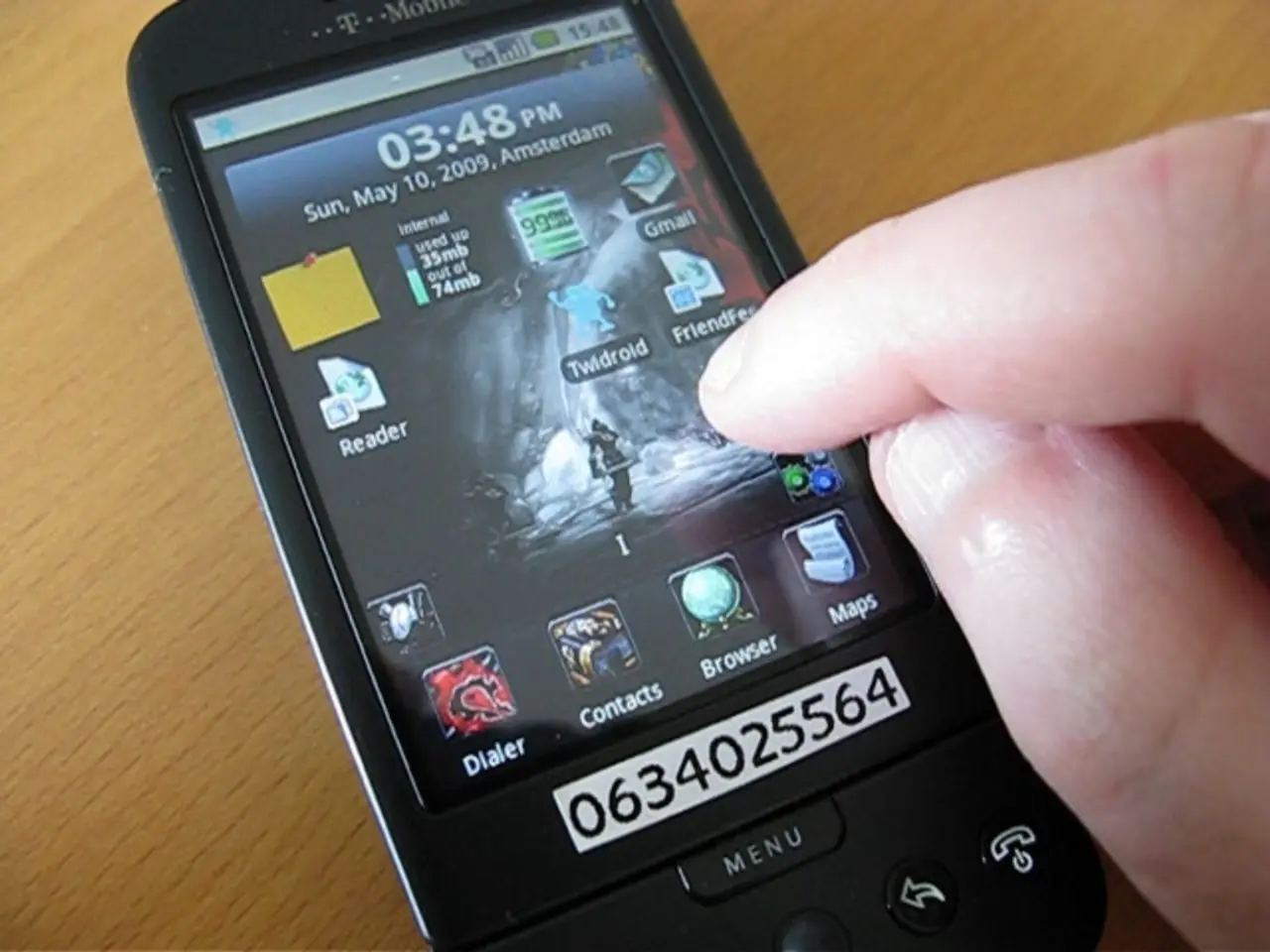Discreet Indications of Digital Deception: Subtle Clues of Infidelity Hidden Within His Mobile Habits
In today's digital age, maintaining trust in relationships can be challenging, particularly when it comes to online activity. Here, we explore common digital signs of infidelity that may indicate emotional or physical cheating.
One of the most telling indicators is a change in phone habits. Sudden secrecy around phone use, such as setting new passwords, taking the phone everywhere, even the bathroom, muting notifications, or turning it face down to hide alerts, can be a cause for concern.
Other digital signs include deleting digital footprints frequently, using privacy screen protectors and fingerprint/facial locks to block access, creating hidden or multiple accounts, and exhibiting suspicious social media activity.
Hidden or multiple accounts could take the form of secret email addresses, burner phones, or shadow social media profiles. Suspicious social media activity might involve excessive private messaging, flirty conversations, reconnecting with exes, or using dating apps.
Avoiding messaging or social media in a partner's presence, such as refusing to respond to messages openly or resisting sharing phone access, is another red flag.
These digital signs often indicate not just physical but emotional cheating, with online emotional affairs potentially escalating into physical ones.
However, it's important to remember that these signs do not necessarily prove infidelity. They can simply indicate a lack of transparency or a need for open communication.
Addressing these issues candidly can help partners rebuild trust, deepen emotional connection, and maintain the health of their romantic relationship. Opening honest communication about digital boundaries, sharing passwords or agreeing on transparency, seeking couples counseling, and re-engaging in shared activities and interests can all be effective strategies.
For instance, recognizing these signs offers a chance to discuss expectations and privacy rules regarding phone and social media use, which can prevent misunderstandings and build transparency. Some couples find sharing passwords or agreeing to mutual social media openness helpful for rebuilding trust after trust is broken.
When infidelity or secrecy has already damaged trust, professional help can support emotional recovery and foster reconnection. Couples counseling can provide a safe space to discuss feelings, work through issues, and rebuild trust.
Digital infidelity often correlates with partners living "parallel lives." Focusing on shared hobbies and spending quality time together can strengthen bonds and reduce vulnerability to outside connections.
In summary, digital signs provide early warnings that can prompt proactive dialogue and actions. Understanding these signs is important in relationships with trust issues, as they can help partners maintain open and honest communication, rebuild trust, and deepen emotional connection.
- Evading open conversations about private messages or refusing to share phone access in the presence of a partner might signal a need for increased transparency in a love-and-dating relationship, hinting at potential issues related to truth and trust in the relationship.
- The frequent deletion of digital footprints, use of privacy screen protectors, or creating multiple accounts could be indicators of a lifestyle that involves technology but may also conceal infidelity, suggesting a breach of honesty in relationships.
- In a love-and-dating relationship, excessive private messaging, reconnecting with exes, or using dating apps on social media could be red flags that imply a shift in the nature of relationships, namely emotional infidelity that may further lead to physical cheating, highlighting the importance of open communication and maintaining trust in relationships.




